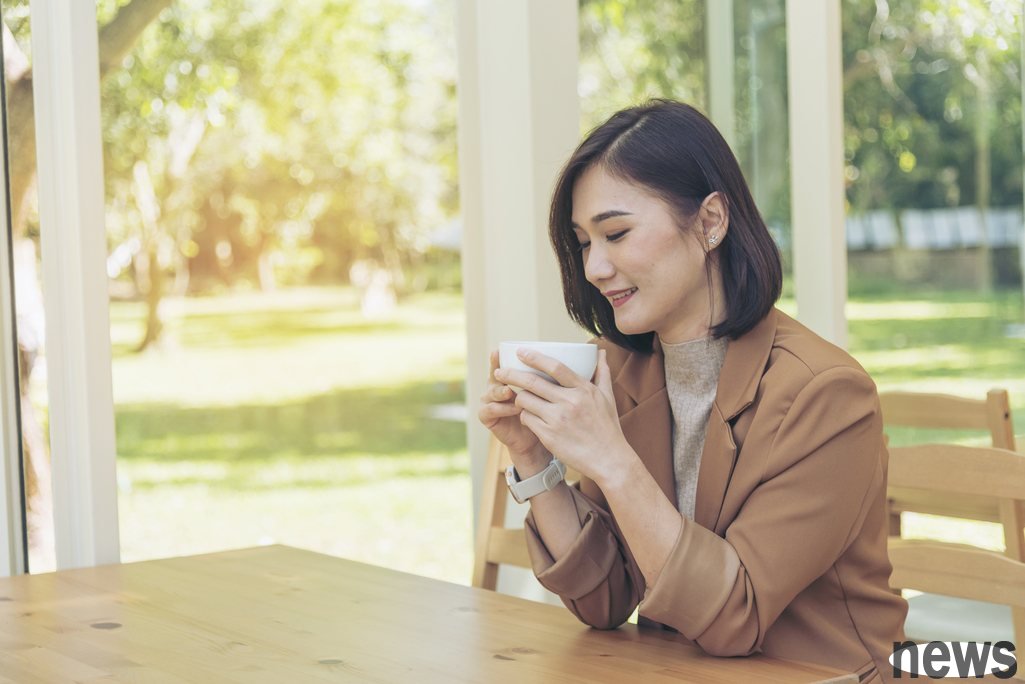
In a complex and fast-moving modern society, it is not easy to maintain inner and emotional stability. A blogger living in Japan sly shared that Japanese women generally look calm, but they are not born with good personality or have no trouble in their lives, but use some small tricks to pull their focus back on themselves and not be slapped by the outside world.
Set up "score points" for daily lifesly said that Japanese women often discuss issues of emotional stability with her and learned some ways for them to organize their emotions. Despite the face of family pressure and high-strength working rhythms, many Japanese women still show a high degree of coldness and self-control. This stability does not come from a natural character, but from their careful design and implementation of the rhythm of life, especially through the establishment of "living points". The so-called life points refer to those repeated and certain small lifestyles, such as fixed daily habits or personal time arrangements. These seemingly slight movements can actually provide a stable support during emotional fluctuations, helping individuals rebuild a sense of control and reduce anxiety.
For example, a bowl of miso soup or a cup of red rice tea in the morning is the first life point for many Japanese women. Even if the time is tight, they still insist on boiling soups or making tea on slow heat, and take care of the morning in a regular manner to avoid starting a mess for the day. In addition, scheduling time belongs to their own flow is also a key point. Some women will work on sting, writing or reading at night, and even if it is only half an hour a day, it can become a time for emotional charging.
Home storage helps emotional stability"Rebuilding internal order with a sense of concentration" has become an important principle for their emotional management, and they will withdraw their attention from their concerns and return to their hearts. Not only in life arrangements, Japanese women also extended this principle to the relationship between storage and people. They believe that organizing home space is not just homework, not mechanical movement, but a way to train a sense of control, sorting out inner emotions by sorting items and adjusting the order of draws.
Focus on high-quality social interactionIn terms of international interaction, Japanese women rarely rely on their circle of friends to keep warm, and tend to maintain long-term stable communication with a small number of deep-related objects, such as drinking tea regularly with friends, talking with their mothers weekly, or receiving psychological consultations regularly. They believe that true emotion comes from being understood, not a single complaint.
They also avoid setting too many goals and tasks, instead splitting their lives into controllable units: only make one decision today and solve one anxiety this week. This month only focuses on one adjustment. This rhythm is not lazy or slow, but a space for white space and adjustment.
Many Japanese women visited said that a stable mood is not about suppressing emotions, but about mastering the rhythm. In the environment where the outside world is accelerating and the complex relationships of people are complex, they bring themselves back to the main battlefield of life again and again through a life point.